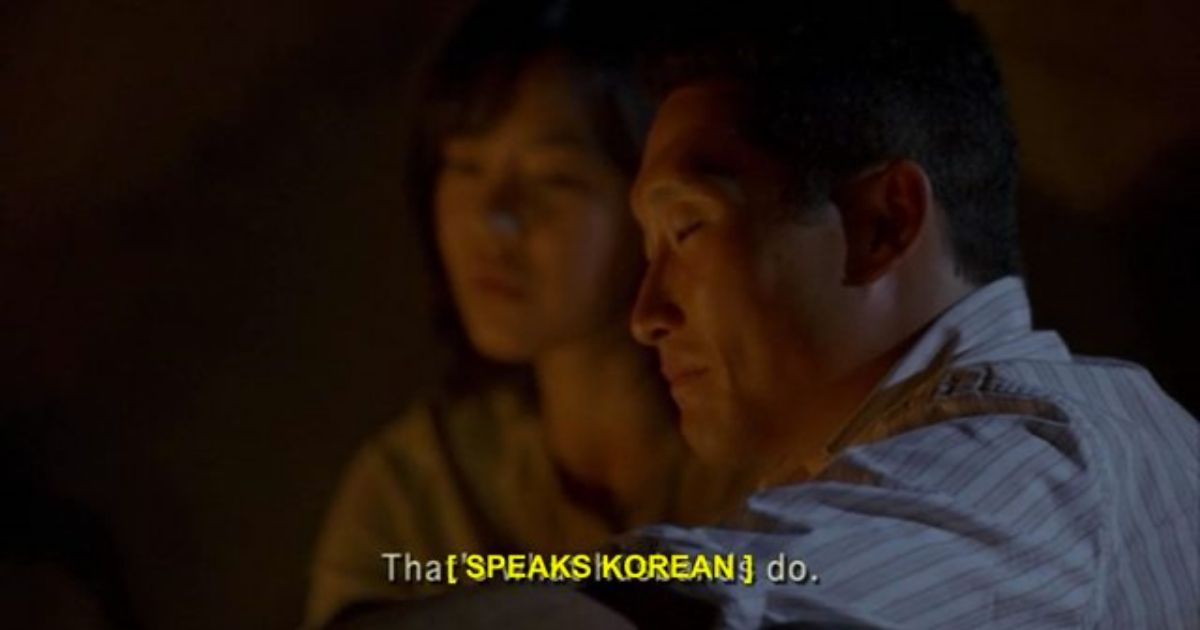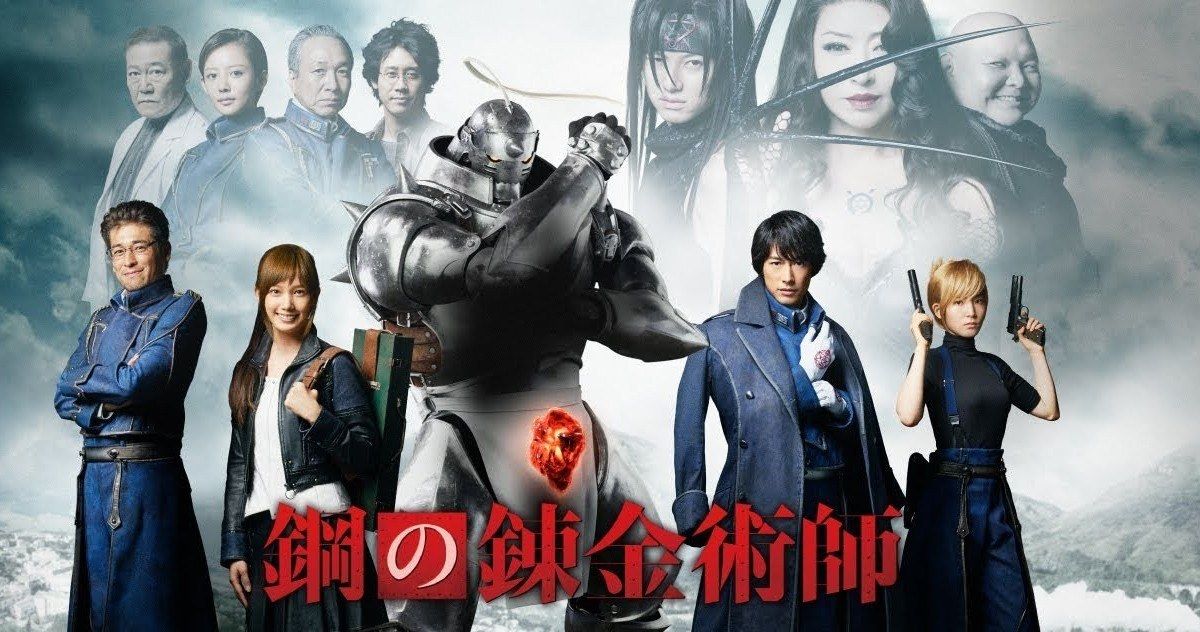Netflix has a bad track record when it comes to subtitles. They’re a common tool across any form of video media, and while the average person might see them very little, it’s a necessity for those who are deaf or hard of hearing. Otherwise, they wouldn’t get to enjoy the same movies and shows as someone who can hear everything that is going on. With Netflix, however, there are many issues and complaints with their shows and movies that make it hard for everyone who needs to use them.
As more international productions begin to gain popularity in the US and other predominantly English-speaking countries, it begins to become a more obvious problem. Some of Netflix’s popular titles, such as Squid Game, rely completely on subtitles for most people, as they are filmed in a different language. These popular shows help highlight just how much of a problem Netflix’s subtitles are across the streaming service.
Mistranslations Are Too Common
Obviously it’s a lot to ask for someone to learn an entire language just to watch one show. Take anime as an example: in order to reach larger audiences, they often release versions with English subtitles, and the medium's popularity really grew once shows hired new actors to dub the characters' voices in English.
Subtitles are the best way to broaden our horizons and experience new media from around the world, but it’s hard to do that when Netflix often struggles with mistranslations. Since every language is different, changes are made in order to make sentences seem the same length between the two translations, no matter what that change does.
Using Squid Game as an example, we can see how any kind show can gain popularity regardless of its origins. However, the show is originally in Korean, and while there are a variety of options to view it in several other languages, the subtitles don't even tell the whole story.
Trying to translate it into another language often means losing words or phrases as they try to match them to the visuals as much as possible, hence the phrase, 'lost in translation;' while the broader story can still come through properly, the little details, even if they’re important, can’t. Some of the words in the translation seem out of character too, almost as if they are censoring bad language. Given that there’s a lot of violence in the show and its mature subject, it seems like an unnecessary change.
The Subtitles Aren’t Refined
Switching the subtitles around for Lilo and Stitch and Young Frankenstein is far from Netflix’s worst subtitle mistake, but it shows just how many mistakes can slip past the company, no matter what size they are. In fact, there are numerous mistakes that have been found within Netflix’s subtitles, showing that it’s likely almost no one is actually double-checking the subtitles before they are released. Sometimes, the subtitles are just flat out wrong, saying something entirely different from what was said on screen. And really, there is no proper explanation (or excuse) for why this would happen with a media company as huge as Netflix, though they seem to be slowly improving.
Those aren’t the only issues caused by a clear lack of proofreading either. The placement of Netflix’s subtitles is never uniform, and while they will obviously vary depending on what device you’re using, this is something else entirely. Sometimes, not all the subtitles are even displayed, cutting off mid-sentence and then moving onto the next. It’s like they’re set for a bigger screen than the actual show or movie.
Sometimes too, Netflix puts their own subtitles overlayed on top of already existing subtitles, creating an unreadable jumble. This could be a simple matter of subtitles actually existing in the movie to translate a few sentences in a different language, or running both the original source’s subtitles for the show and their own. They alienate an entire audience when they do this as now there’s a lot of people missing out on watching that particular piece of media, costing the service views as well.
Subtitles Only Lose Meaning Between Cultures
When picking up any kind of book that was originally in a different language, whether it’s a novel or just a comic, chances are there’s some kind of notes accompanying it. Not everything from one language or culture is able to be translated perfectly in a way you can understand.
The perfect English example is puns. Puns often rely on words sounding similar to each other, so you replace parts of words or phrases with another to tell your joke. It wouldn’t translate the same into another language because those two words might not sound the same at all, so what works for one audience doesn’t really work for another without an explanation.
Sometimes there are even words that are impossible to translate. What might be a single word in one language could be a whole phrase in another as it doesn’t have a direct translation and requires an explanation instead. While it’s obviously a lot harder to try and explain these words in video media, an easy fix is to leave the word in the subtitles and allow the audience to search it themselves. It would be comparable to a person who speaks Spanish and English still calling their grandmother abuela without a translation.
Netflix decides to skip this entirely, however, instead opting to change something like an honorific term into a different name or nickname that loses all the original meaning. Without that original word to look up, audiences won’t even know what they’re missing out on in the show. And that's the ultimately disturbing thing about all this — viewers who don't speak the language can never truly know what they're missing. It all comes down to trust: we trust subtitles to convey the actual original meaning, and if that trust is broken, it's hard to be sure you're watching the real thing.


